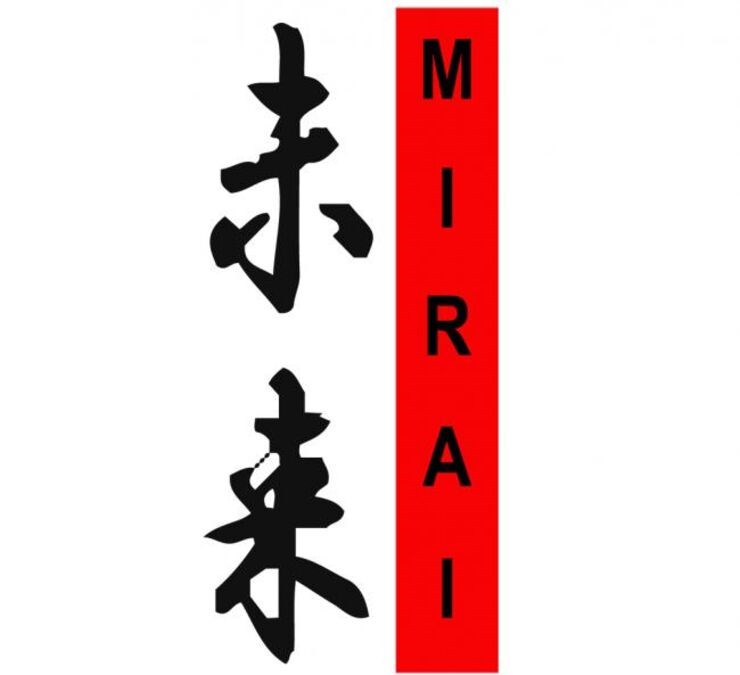Ten million awarded to the Japan-Sweden collaboration MIRAI
The Swedish Foundation for International Cooperation in Research and Higher Education (STINT) has granted SEK 10 million to the collaboration MIRAI. Researchers from Sweden and Japan collaborate in interdisciplinary teams focusing on global challenges.

“MIRAI is a strategic collaborative priority for Örebro University, so it’s very gratifying that MIRAI has received funding to develop further and strengthen the collaboration between higher education institutions in Sweden and Japan,” says Åke Strid, pro-vice-chancellor for internationalisation at Örebro University.
The MIRAI research and academic alliance started in 2017 and is comprised of 10 Swedish and 7 Japanese higher education institutions. MIRAI means “future” in Japanese. For the period 2024–2026, the collaboration will focus on four major global societal challenges:
- Health and an ageing population
- Climate adaptation, disaster and risk management, and prevention
- Resilient cities and communities – guidelines, strategies, local governance, and urban planning
- Materials for energy conversion and storage: renewable energy, solar energy conversion, electrification, sustainable processes, and use of resources
Interdisciplinary teams
Interdisciplinary teams
For each of these challenges, an interdisciplinary team with around ten researchers from Sweden and Japan will be established. Professor Eleonor Kristoffersson at Örebro University will chair the team working on the issue of health and an ageing population. “In the new phase of MIRAI, Örebro University has taken on a more leading role and will chair the area of Health and an Ageing Population,” explains Åke Strid.
Mobility for junior researchers and increased student engagement
MIRAI strongly focuses on junior researchers, providing the opportunity to build their international networks. STINT is now earmarking five of the ten million for the mobility of doctoral students and early-career researchers, allowing them to spend extended periods at partner institutions in the two countries and teach there.
“It’s very positive that students now have a well-defined opportunity to participate in the third phase. In the Global Solutions Olympiad[JG1] work package, Swedish and Japanese students will collaborate digitally in interdisciplinary groups to discuss innovative solutions to the four societal challenges,” says Åke Strid.
Sole project awarded STINT funding
Since its start, the MIRAI collaboration has strengthened academic ties between the two countries. Seed funding has been awarded to 51 Japanese-Swedish projects, joint doctoral courses, workshops, and research and innovation weeks have been held, short mobilities for young researchers have been created, and matchmaking between industry and academia in Japan and Sweden has been a focus.
Of the 17 applications received in STINT’s call, MIRAI was the only one to be granted funding. STINT motivates the decision, among other things, on the breadth of the collaboration in terms of the number of partner institutions and research areas and the potential for significant impact.
